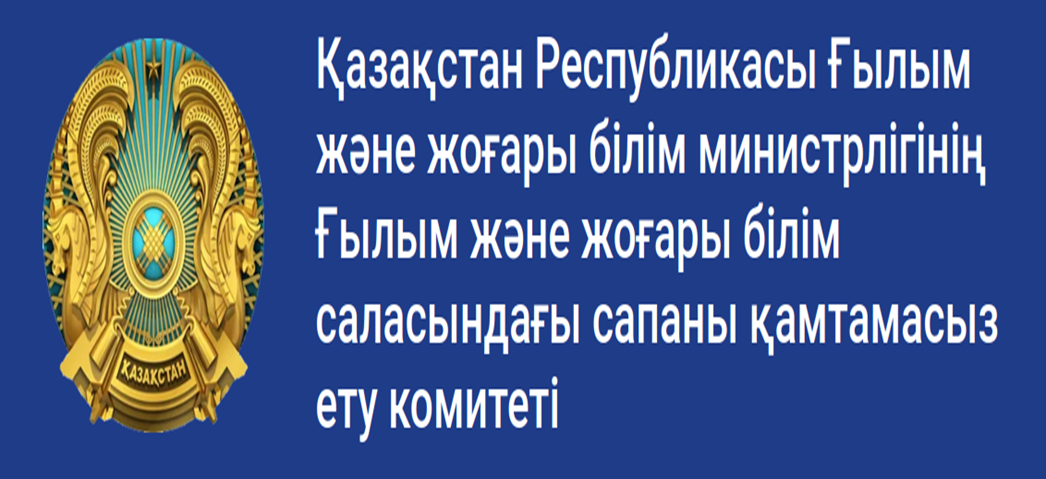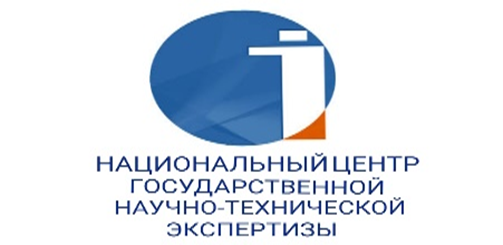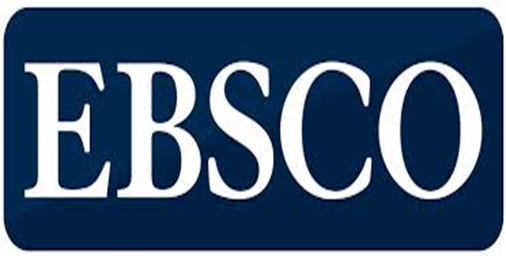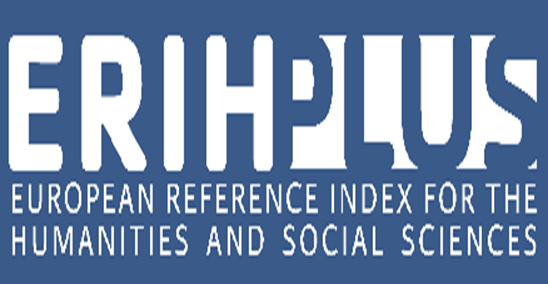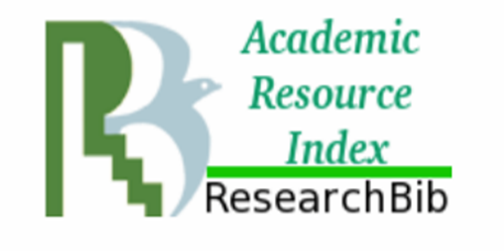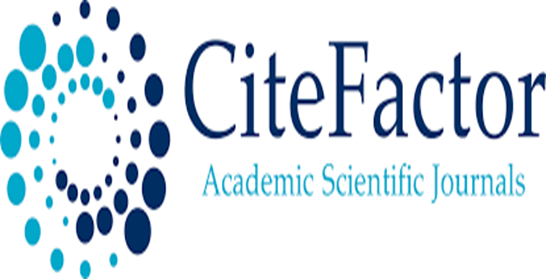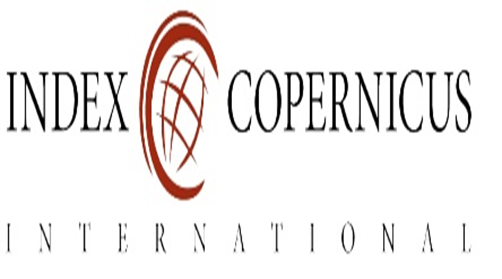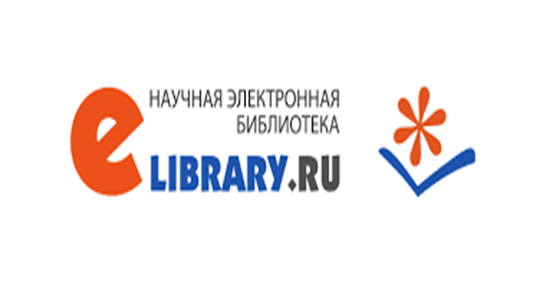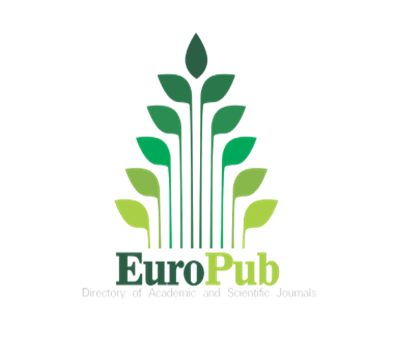Значение и происхождение имени «Сайкал» в тюркских языках
Просмотры: 1518 / Загрузок PDF: 1981
DOI:
https://doi.org/10.32523/2664-5157-2023-1-119-130Ключевые слова:
собственное имя, антропоним, Сайкал, антропонимная лексема, апеллятивное значение, тюркские языки, онимическая единицаАннотация
Cобственное имя человека у тюркских народов имеет особое значение. Существует поверье, что имя человека влияет на его судьбу. Поэтому выбор имени для новорожденного ребенка – это большая ответственность для семьи. Каждая онимическая единица в языке является отражением народного сознания и менталитета. Онимические единицы играют важную роль в межкультурной коммуникации.
Между тем значения антропонимов в родственных языках могут подвергаться изменениям. В данной статье рассматривается семантика антропонима «Сайкал», выявляются и сопоставляются его антропонимические и апеллятивные значения. Особое внимание уделяется происхождению, значению и употреблению антропонима «Сайкал» в разных тюркских языках.
Автор статьи на базе современных и исторических лингвистических данных определяет изменение значений «сайкал» как онима и антропонима, выявляя его различные дифференциальные смыслы как положительные, так и отрицательные. Оним «сайкал» в
казахском языке как антропоним вообще не употребляется, поскольку имеет негативное,
отрицательное значение. Напротив, в кыргызском языке антропоним Сайкал - одно из самых распространенных имен для девочек, и оно имеет свои историко-культурные основы, встречаясь в письменных памятниках. Так, в «Манасе» Сайкал – героиня, боевая подруга Манас батыра, которого почитает кыргызский народ. В литературном наследии кыргызского народа имя Сайкал символизирует образ умной, рассудительной, смелой и отважной женщины.
Сравнивая значения и употребление антропонимов в различных тюркских языках, можно восстановить новые данные о системе общетюркских антропонимов, их истории и функционировании.
Данные, представленные в статье, позволят понять особенности апеллятивной лексики, лежащей в основе антропонимов, также могут быть использованы в этимологическом словаре личных имен тюркских народов.
Скачивания
Литература
Абдиев Т., 2020. К.К. Юдахиндин «Кыргызча-орусча сөздүгүндөгү» арабизмдер. Бишкек. Электрондық дереккөз: https://new.bizdin.kg/media/books/Kyrgyz-tilindegi-arabizmder-Abdiev_pdo32qX.pdf/ (қаралған күні: 2022 жылдың 10 қарашасы).
Әбдуәлиұлы Б., 2012. Қазақ антропонимжасамы: теориялық және практикалық негіздері. Астана: Астана полиграфия. 320 б.
Бектурганова К., 2006. Кыргызстандын асыл кыздары. Бишкек: Мамлекеттик тил жана энциклопедия борбору. 416 б.
Большой академический монгольско-русский словарь в четырех томах. 2001-2002. Москва: Academia.
Жапаров Ш., 2009. Адам аттары – эл байлыгы. Бишкек: “Текник” ББ. 343 б.
Зиннəтуллина Г.Х., 2018. Ə. Еники һəм Ч. Айтматов хикəялəрендə ономастик параллельлəр// Тюркская ономастика: от истоков до современности: материалы международной научно-практической конференции. Казань, 11–14 октября 2018 г. Казань: Изд-во Казан. ун-та. 334 с.
Киргизско-русский словарь. Сост. Юдахин К.К., 1985. Фрунзе: Главная редакция Киргизской Советской энциклопедии, Кн.2-я. Л-Я. 480 с.
Кыргыз тилинин түшүндүрмө сөздүгү. Экинчи бөлүк. 2019. Бишкек: Полиграфбумресурсы. 800 б.
Қазақ әдеби тілінің сөздігі. Он бес томдық. 12-том / Құраст. Үдербаев А., Нақысбеков О., Қоңыратбаева Ж. және т.б., 2011. Алматы. 752 б.
Қазақ тілінің аймақтық сөздігі / Құраст. Қалиев Ғ., Нақысбеков О., Сарыбаев Ш., Үдербаев А. және т.б., 2005. Алматы: «Арыс» баспасы. 824 б.
Қарақалпақша-русша сөзлик. 1958. Москва: Шеттил хәм миллий сөзликлер мәмлeкет баспасы. 892 б.
Лұғат Шағатай уә түрки-османи. Шейх Сүлейман Ефенди. / құраст. И.Кунош. 1902. Будапешт.
«Манас» энциклопедиясы. 2 том. 1995. Бишкек. 432 б.
Тектіғұл Ж.О., 2012. Қазақ тілінің тарихи грамматикасы. Алматы: MV-Print. 500 б.
Türkiye’de Halk Ağzından Derleme Sözlüğü. 6 cilt. 2009. Ankara: TDK Yay.
Хакасско-русский словарь. 1953. Москва: Главиздат. 358 с.
Этимологический словарь тюркских языков. Общетюркские и межтюркские основы на буквы «Л», «М», «Н», «П», «С». 2003. Москва: Восточная литература РАН. 446 с.
https://abaytanu.kz/өлең/39/1 (қаралған күні: 2022 жылдың 15 желтоқсаны).
https://kzref.org/tavarih-i-guzida-ji-nusrat-name.html?page=2 (қаралған күні: 2022 жылдың 15 желтоқсаны).
https://magarif-uku.ru/tatar-isemnere/ir-at/s/ (қаралған күні: 2022 жылдың 15 желтоқсаны).
https://savodxon.uz (қаралған күні: 2022 жылдың 15 желтоқсаны).
https://sozluk.gov.tr/ (қаралған күні: 2022 жылдың 15 желтоқсаны).






